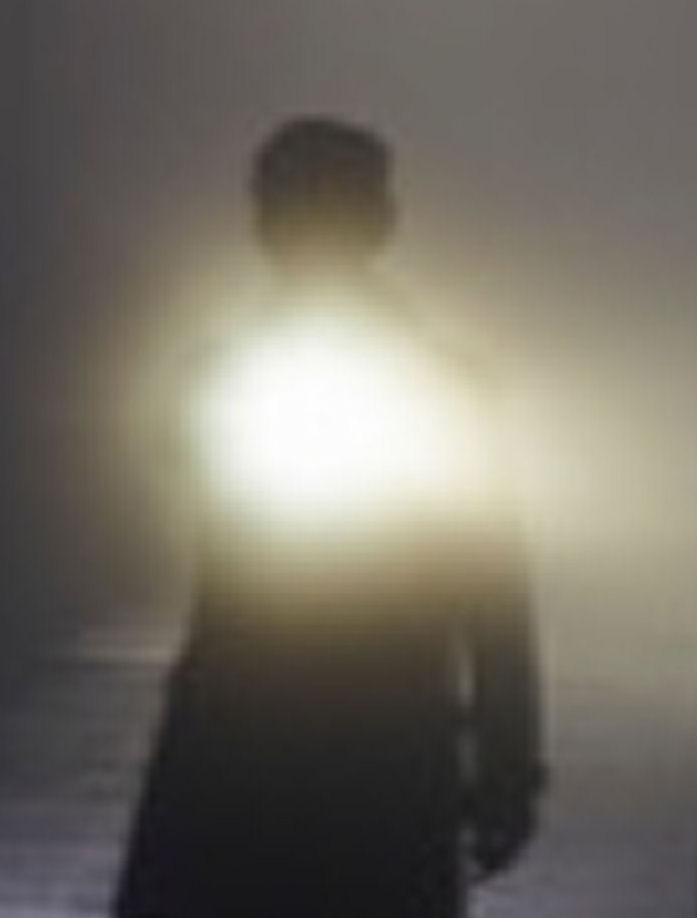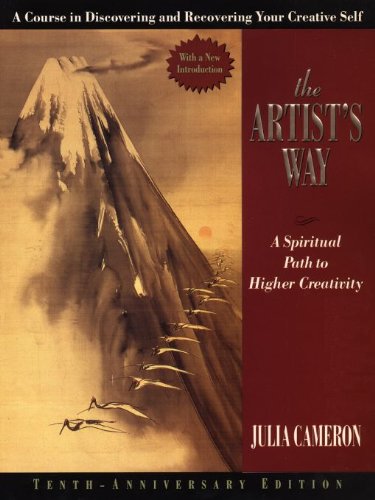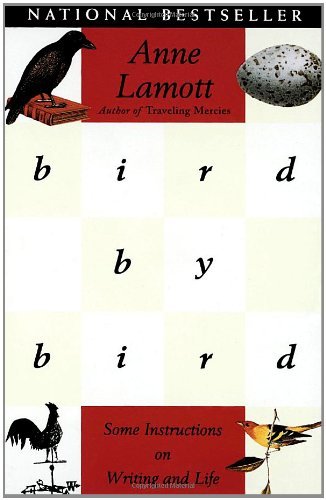I’ve been trying to keep showing a cheerful front to the world here in this blog, Facebook and elsewhere, but it’s time for a confession. I haven’t done any creative writing in many months.
I’m not ready to go into the reasons at this point. I can only say that I’m facing a challenge bigger than any I’ve encountered thus far, including my husband’s stroke. The good news is that I have learned a lot from that crisis and am using it all now. I am no longer looking for a light at the end of the tunnel. I’ve also discovered that I can light my own way.
My instincts (which have been serving me very well lately and I should have listened to before) are telling me to focus my energy on solving the current crisis and that it is OK to take a break from writing. Sometimes writing is a solace, but pushing myself to write now—even if I had time—would be like a runner trying to train on a broken leg.
I am doing is letting go of the guilt imposed by internal and external critics and trusting myself. I know how to be mindful, how to tell I am being too hard or too easy on myself, how to ask the right questions and find out what I need more of, what I need less of, not only to get through the crisis but to thrive afterwards.
I think we all can do this. As Jane Austen wrote, “We have all a better guide in ourselves, if we would attend to it, than any other person can be.”
In order to learn to attend to that guide, I’ve been rereading Women Who Run with the Wolves, by Clarissa Pinkola Estes. She writes about women’s need to “go home”, where “Home is a sustained mood or sense that allows us to experience feelings not necessarily sustained in the mundane world: wonder, vision, peace, freedom from worry, freedom from demands, freedom from constant clacking. All these treasures from home are meant to be cached in the psyche for later use in the topside world.” One can “go home” many ways, including going into nature, praying, meditating, making art.
She also writes “if a woman doesn’t go when it’s her time to go, the hairline crack in her soul/psyche becomes a ravine, and the ravine becomes a roaring abyss.” I know from experience that this is true. So while I’m dealing with some crazy-making issues, I’m also doing my Morning Pages (a type of journaling taught in The Artist’s Way by Julia Cameron), meditating at every day and finding pockets of time to do smaller projects that sustain my creativity while demanding less time than the writing.
I am not leaving the Riskies, as our new schedule of posting just once a month allows me enough time to do the rest of the work I must do before I can write again. And I will get back to writing. The river hasn’t dried up; it’s only gone underground for a while.
Do you “go home”? How?
Elena




 If you write, what do you when a spell of doubting happens to you? Are you a planner or a pantser, or a combination? What resources do you turn to when your faith needs to be bolstered? Have you read the ones I mentioned? If you’re a reader, have you ever asked authors where their ideas came from? If you have, what answers did you get?
If you write, what do you when a spell of doubting happens to you? Are you a planner or a pantser, or a combination? What resources do you turn to when your faith needs to be bolstered? Have you read the ones I mentioned? If you’re a reader, have you ever asked authors where their ideas came from? If you have, what answers did you get?



